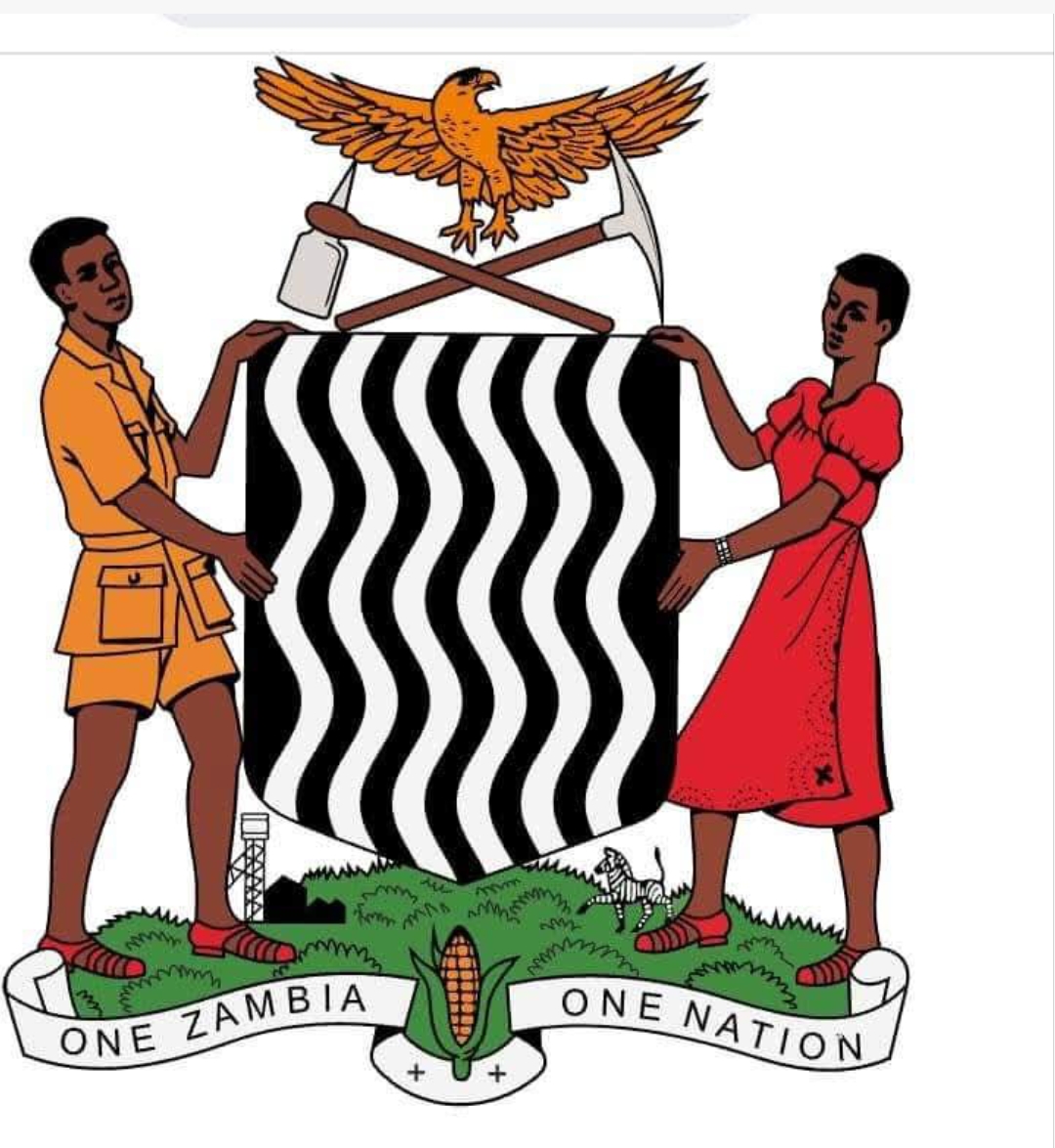In recent years, Zambia’s constitutional reform process has again become a hot topic. Many Zambians recall the 2016 referendum—when the opposition, led by the UPND at the time, urged voters to boycott a process they believed was engineered to extend executive power. Today, however, we see a striking reversal: the very party that once campaigned against that referendum is now pushing forward with similar reforms, while the Patriotic Front (PF), which once spearheaded such changes when in power, is now opposing them.
The Political Flip-Flop
This apparent contradiction is not unique to Zambia—it reflects how constitutional reform often becomes a tool for political survival rather than a matter of democratic principle. When in administration, ruling parties are tempted to use reforms as a way to reshape institutions to their advantage. For example, under PF’s previous rule, reforms were seen by many as designed to consolidate power and extend the president’s term. On the other hand, when parties are in opposition, they reject any reform proposals that appear designed to help incumbents entrench their hold on power.
In 2016, the UPND convinced many voters to reject a referendum that would have amended the Bill of Rights and changed the amendment process itself. Their stance was based on fears that these changes would favor a government already accused of overreach. Now, as the UPND finds itself in government under President Hakainde Hichilema, some of the same reform measures are being promoted as necessary to modernize Zambia’s governance and ensure a more inclusive, accountable system. Meanwhile, PF—now in opposition—warns that the reforms will simply pave the way for further power consolidation by the current administration. This role reversal reveals that the debate over constitutional reform is less about fixed principles and more about shifting power dynamics.
Why Do Those in Administration Push for Reform?
Leaders in power often pursue constitutional reform for several reasons:
Institutional Restructuring: They can redesign electoral systems (for instance, moving toward proportional representation) or modify the separation of powers in ways that may benefit the ruling party.
Legitimacy and Modernization: Reforms are sometimes presented as necessary to modernize outdated structures, increase efficiency, or better reflect the aspirations of a changing society.
Strategic Advantage: Changing the rules of the game can allow the government to neutralize political opponents or extend its tenure—goals that may be more about securing power than genuine democratic renewal.
Why Do Opposition Parties Campaign Against It?
When out of power, opposition groups naturally fear that any reform process could be manipulated to favor the incumbents. Their concerns include:
Risk of Power Grab: There is a worry that constitutional changes may be designed to entrench the current government and limit the checks and balances that protect democracy.
Lack of Broad Consultation: Past experiences have shown that reforms conducted without wide-ranging stakeholder engagement can undermine trust. Critics argue that without proper public debate, reforms might ignore the needs and rights of ordinary citizens.
Potential for Abuse: Opposition parties recall how earlier reforms, such as those during PF’s administration, were used to reshape institutions for partisan gain rather than for the public good.
What’s in It for Ordinary Citizens?
The promise of constitutional reform—if executed transparently and inclusively—is significant for the everyday Zambian:
Enhanced Representation: A move toward systems like proportional representation could mean better representation for women, youth, and marginalized groups.
Strengthened Checks and Balances: Reforms that bolster parliamentary oversight and judicial independence can curb executive overreach, ensuring that power remains accountable.
Expanded Rights: Updating the Bill of Rights to include economic, social, cultural, and environmental rights would better protect citizens and promote a more equitable society.
Modern Governance: A constitution that reflects modern realities can provide a more stable and effective framework for addressing contemporary challenges—from resource management to social justice.
However, these benefits depend on the reform process being conducted in a manner that is open, consultative, and free from ulterior political motives. When reforms are pushed solely as a tool for political maneuvering, the risk is that they may end up reinforcing the very problems they purport to solve.
Conclusion
Zambia’s constitutional reform saga is a cautionary tale of how political interests can shape—and sometimes distort—efforts to improve governance. The irony that parties switch positions based on whether they are in power or not underscores a fundamental challenge: ensuring that constitutional change is about strengthening democracy and protecting citizens’ rights, not just about winning elections or extending tenures. For the ordinary citizen, the key lies in demanding transparency, broad participation, and genuine accountability throughout the process. Only then can constitutional reform live up to its promise of delivering lasting benefits for all Zambians.

